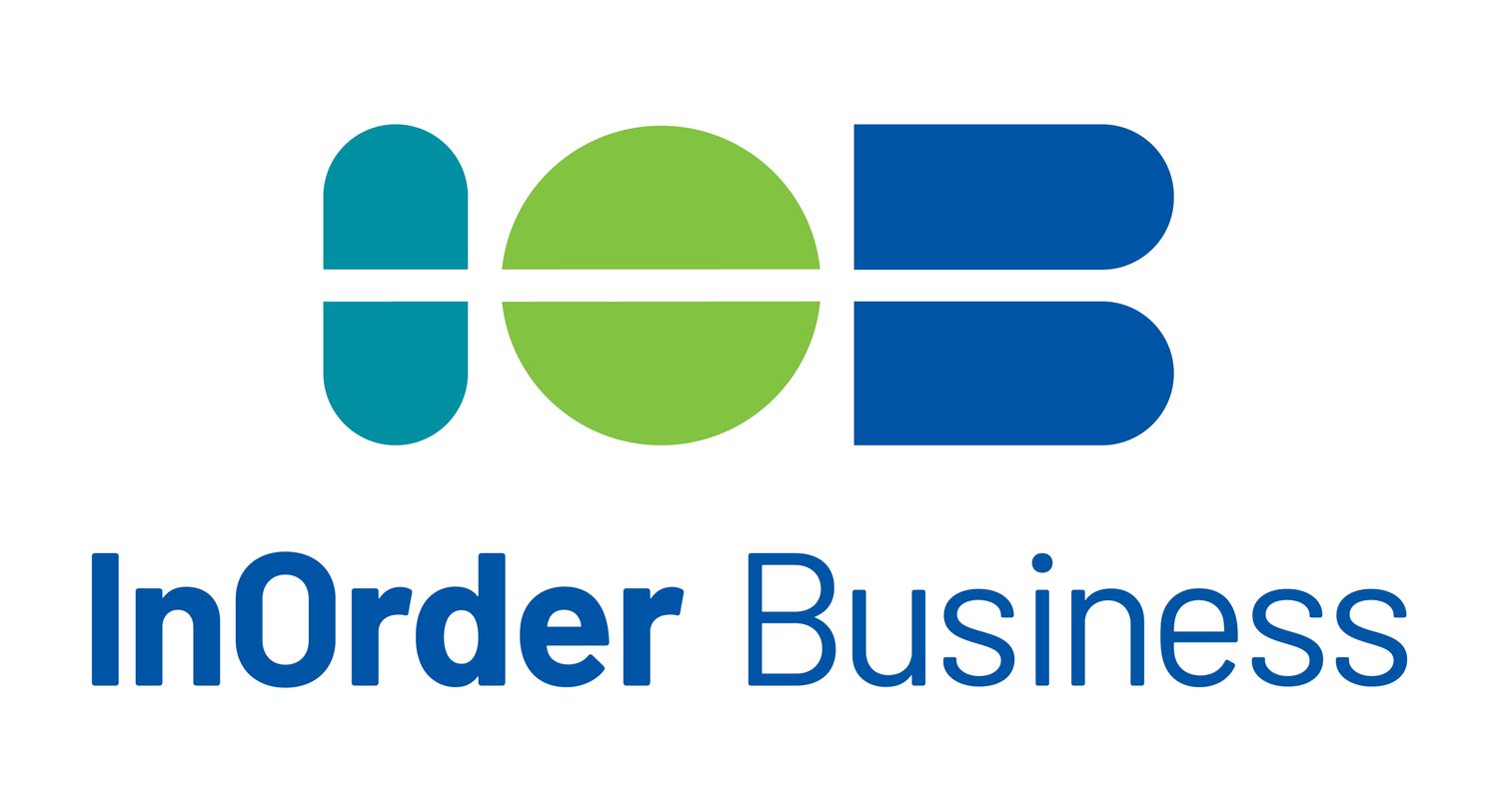Diversifying the Workplace: How You Could Benefit From It
Why do big companies put so much emphasis on diversifying the workplace and what does DEI mean?
Workforce Diversity Benefits
Well, it is evident that employees value workforce diversity before applying for jobs.
There are many reasons why a company should implement diversity programs and one of the most compelling reasons is that currently diverse workforces often outperform homogeneous ones. In the United States, it has been proven that diverse workforces in companies function better than those companies whose employees are not as diverse. Employees in such companies often feel accepted and included, which contributes to employees being more enthusiastic, confident and loyal.
Organizations that embrace workplace diversity are more likely to build a workplace culture that is productive, capable of attracting talent, and likely to contribute to the bottom line. Businesses with engaged employees report better financial performance, higher employee retention rates, boost in productivity and innovation.
Companies often identify with these five key characteristics when implementing diversity into their work culture:
Cultural Diversity
Racial Diversity
Religion Diversity
Gender Diversity
Age Diversity
Sexual orientation
Physical Disabilities
Diversity in Interests
DIVERSE COMPANIES TYPICALLY SEE HIGHER PROFITS
Comparison studies show that companies with more than 30 percent of board seats occupied by women delivered higher year-over-year revenue compared to businesses that does not take advantage of diverse opportunities. This also applies to companies with 30 percent or more board seats occupied by non-white directors. Overall, gender-diverse companies outperform their peers.
The Meaning of Diversity, Equity, and Inclusion
Diversity, equity and inclusion (DEI) is a term used to describe policies and programs that promote the representation and participation of different groups of individuals, including people of different races, ages, genders, religions, cultures and sexual orientations. The focus on diversity alone is insufficient as an employee's sense of belonging and experience of fairness is critically important.
Diversity refers to the commonalities among people of different backgrounds. Equity means that those who have been disadvantaged in the past should be given opportunities to make up for lost time. And inclusion involves recognizing and trying to address the barriers that prevent people from participating fully in society. We’ve had conversations with people from different industries: education, equality, business, technology and so many more. DEI is a familiar solution to use in these sectors.
Diversity & Inclusion Development infuses organizations with new ideas, fresh perspectives, and a willingness to consider alternatives. With a more diverse workforce that is better at problem-solving and decision-making, companies can outperform their peers, financially and fairly—with inclusion and respect.
Currently, the best performing sectors for gender diversity are:
Retail
Computer Science
Personal Care Services
Home Healthcare Services
“No matter whether you’re looking at racial diversity, gender diversity, or diversity in age, companies with a broader range of perspectives at the board table did better ”
How to Diversify the Workplace
Whenever businesses want to improve the workplace, they can utilize diversity strategy and community engagement services for further assistance.
InOrder Business is the leading authority on diversity, equity, and inclusion in the workforce. We provide tailored strategies, plans and compliance work to help businesses of all sizes achieve success. Our mission is to create a more equitable and inclusive industry for everyone – regardless of race, gender or orientation. We believe that a more diverse and inclusive industry leads to better business outcomes for everyone involved.
Established in 2014, InOrder Business specializes in diversity and inclusion strategies, tailored diversity and inclusion plans and ongoing tracking, monitoring and compliance work for construction projects throughout Massachusetts. Shelley Webster’s diversity expertise touches both union and non-union sectors and includes both workforce and business utilization of historically underutilized business enterprises (UBEs) that included MBEs, WBEs, VBEs, and DBEs. The company also provides business capacity building, back-office services and local, state and federal business certification packaging to small and mid-size, diverse and emerging construction companies.
Diversifying the workplace is certainly no easy feat on top with other business objectives on your plate. That is why people use resources to help make this goal even more seamless.




